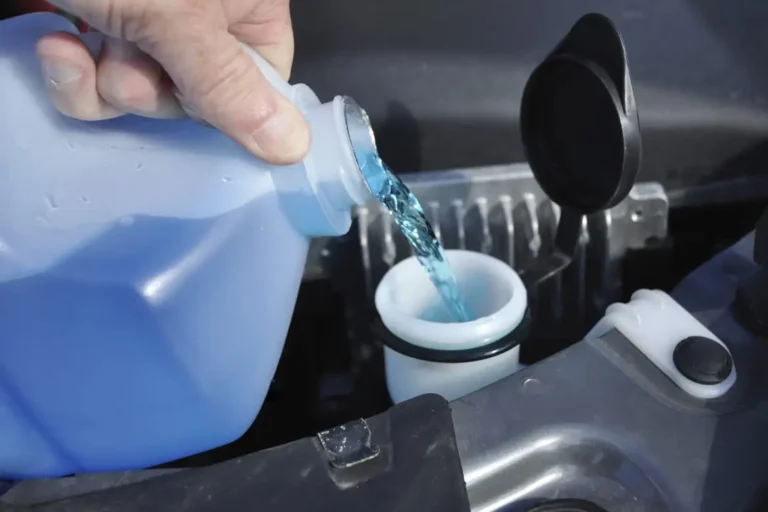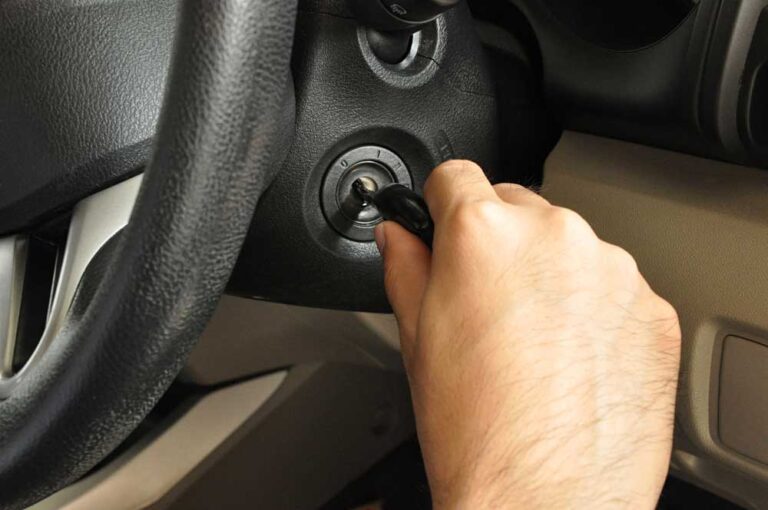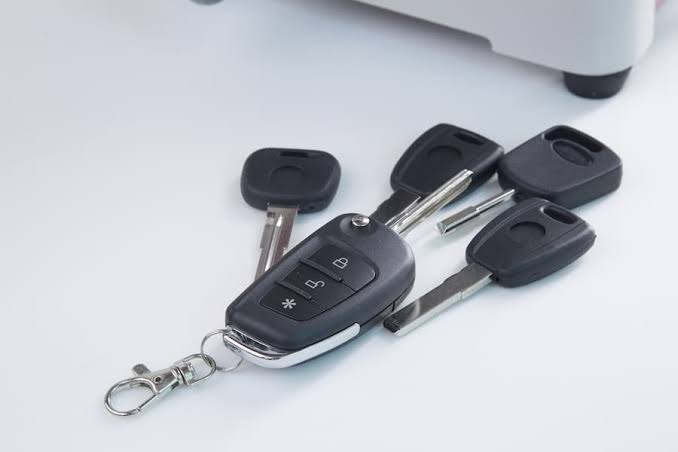Will a PCV Valve Cause a Rough Idle?

The PCV (Positive Crankcase Ventilation) valve plays an essential role in regulating the airflow in your vehicle’s engine. It ensures that gases, such as blow-by gases from the combustion chamber, are routed back into the intake system to be burned rather than escaping into the atmosphere. If the PCV valve malfunctions or becomes clogged, it can cause a variety of engine issues. One of the common problems that may arise is a rough idle. In this article, we will explore how a faulty PCV valve can affect your engine’s performance and cause a rough idle.
What is a PCV Valve?
The PCV valve is a small but crucial part of your vehicle’s crankcase ventilation system. It controls the flow of gases from the engine’s crankcase (where oil is stored) into the intake manifold, where they are recirculated back into the combustion chamber. This process helps reduce harmful emissions and ensures the engine operates efficiently.
How Does a Faulty PCV Valve Cause a Rough Idle?
A malfunctioning PCV valve can have several effects on your engine that can lead to a rough idle. Here’s how it works:
1. Vacuum Leaks
- The PCV valve is connected to the engine’s intake manifold via a hose. If the valve becomes stuck open or the hose develops a leak, it can cause a vacuum leak. Vacuum leaks disturb the air-to-fuel ratio, making it difficult for the engine to maintain a steady idle speed. As a result, the engine may idle erratically or feel rough.
2. Too Much Air Entering the Engine
- If the PCV valve is stuck open, it can allow an excessive amount of air into the intake manifold. This extra air can cause the engine to run lean, meaning there is not enough fuel to match the air intake. A lean air-fuel mixture can lead to poor engine performance, including a rough or unstable idle.
3. Oil Contamination
- A malfunctioning PCV valve can also cause oil to mix with the intake air. When this happens, the engine may experience increased carbon buildup or other forms of contamination. This can affect the engine’s performance, leading to a rough idle, misfires, or other issues.
Symptoms of a Faulty PCV Valve
In addition to a rough idle, here are other signs that your PCV valve may be malfunctioning:
- Check Engine Light: A faulty PCV valve can trigger a check engine light due to issues like misfires or lean fuel mixture.
- Poor Acceleration: A clogged or stuck PCV valve can result in poor throttle response or sluggish acceleration.
- Increased Oil Consumption: A malfunctioning PCV valve can cause oil to be sucked into the intake manifold, leading to increased oil consumption.
- Engine Misfires: A vacuum leak caused by a malfunctioning PCV valve can lead to engine misfires, especially at idle or low RPMs.
- Oil Leaks: In some cases, a faulty PCV valve may cause increased crankcase pressure, which could lead to oil leaks from seals or gaskets.
How to Fix a Faulty PCV Valve
If you suspect that your PCV valve is causing your rough idle or other performance issues, it’s essential to replace it as soon as possible. Here’s how to address the problem:
- Diagnose the Issue:
- Inspect the PCV valve and its associated hoses for signs of damage, cracks, or leaks. You can also perform a vacuum test to check for any vacuum leaks in the system.
- Replace the PCV Valve:
- If the PCV valve is clogged or malfunctioning, it will need to be replaced. The replacement is usually inexpensive and can often be done without professional assistance, depending on the vehicle.
- Check for Other Issues:
- If replacing the PCV valve doesn’t resolve the rough idle, you may need to check for other underlying problems, such as faulty sensors, ignition issues, or fuel system problems.
Conclusion
Yes, a faulty PCV valve can cause a rough idle. The valve plays a vital role in regulating the airflow in your engine, and when it malfunctions, it can lead to vacuum leaks, oil contamination, and an unbalanced air-fuel mixture. If you’re experiencing rough idling, it’s important to check the PCV valve and replace it if necessary to restore your engine’s smooth operation.
Frequently Asked Questions (FAQs)
1. Can a faulty PCV valve cause other engine problems?
Yes, a malfunctioning PCV valve can lead to various engine issues, including poor acceleration, engine misfires, increased oil consumption, and even oil leaks.
2. How do I know if my PCV valve is bad?
Common signs of a bad PCV valve include a rough idle, poor acceleration, a check engine light, and increased oil consumption. You can also perform a vacuum test to check for leaks.
3. How often should I replace the PCV valve?
It’s generally recommended to replace the PCV valve every 30,000 to 50,000 miles, or as specified in your vehicle’s maintenance schedule.
4. Can I drive with a bad PCV valve?
While it may be possible to drive with a bad PCV valve temporarily, it’s not recommended. A malfunctioning PCV valve can lead to further engine damage, including increased emissions and poor engine performance.
5. Can a PCV valve cause a misfire?
Yes, a malfunctioning PCV valve can cause a misfire, especially if it leads to a vacuum leak or an unbalanced air-fuel mixture.
6. How much does it cost to replace a PCV valve?
The cost to replace a PCV valve varies depending on your vehicle and where you go for service, but it typically ranges from $50 to $150, including parts and labor.
Also Check:
• Can I Use WD-40 to Clean a PCV Valve?





